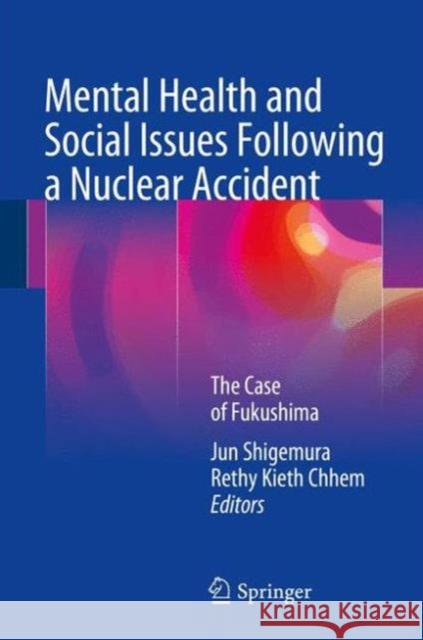Mental Health and Social Issues Following a Nuclear Accident: The Case of Fukushima » książka
Mental Health and Social Issues Following a Nuclear Accident: The Case of Fukushima
ISBN-13: 9784431556985 / Angielski / Twarda / 2015 / 130 str.
Mental Health and Social Issues Following a Nuclear Accident: The Case of Fukushima
ISBN-13: 9784431556985 / Angielski / Twarda / 2015 / 130 str.
(netto: 368,86 VAT: 5%)
Najniższa cena z 30 dni: 385,52 zł
ok. 20 dni roboczych.
Darmowa dostawa!
This book focuses on mental health issues arising in the wake of the Fukushima nuclear disaster. Three years after the 11 March 2011 Great East Japan Earthquake, tsunamis, and Fukushima Daiichi nuclear accident, roughly 130,000 individuals continue to face enormous burdens as a result of mandatory evacuation. Many evacuees still live in temporary housing, and returning home remains a distant dream as they wait for the decontamination of the danger zone to be completed. However, the plant recovery process is still evolving, and the complete cleanup will take decades. Beyond all of these hardships, many evacuees are also mourning the loss of their loved ones. The compound disaster with its many uncertainties poses and will continue to pose serious emotional and social challenges. People affected by the nuclear disaster have been facing serious psychological challenges from ongoing fear of radiation exposure. Furthermore, there is continuing debate between various stakeholders on the options for disaster responses. This situation in turn produces adverse public responses, such as discrimination and stigmatization of the evacuees and scapegoating of the authorities and nuclear plant workers. Mental Health and Social Issues Following a Nuclear Accident addresses these issues and their impacts, pursuing both evidence-based and narrative-based approaches. It also contrasts the Fukushima findings with those of other nuclear disasters, namely, Three Mile Island and Chernobyl.











